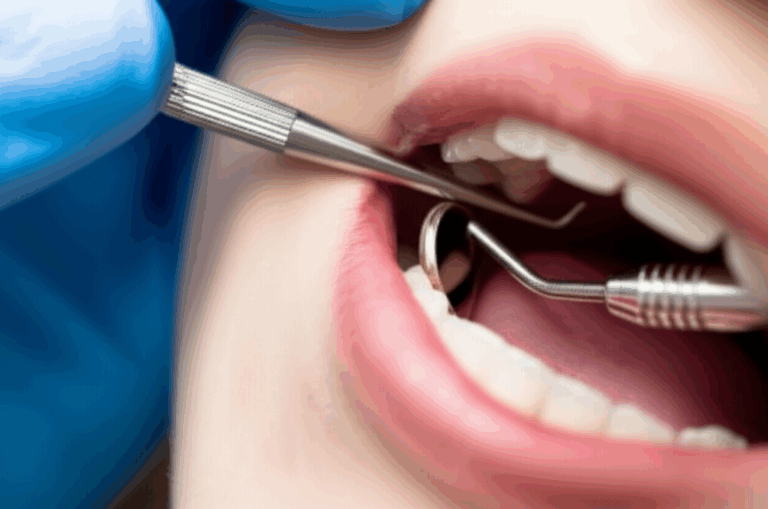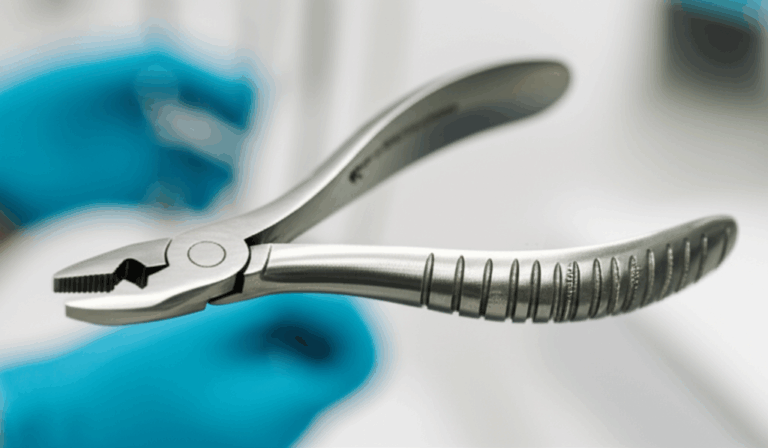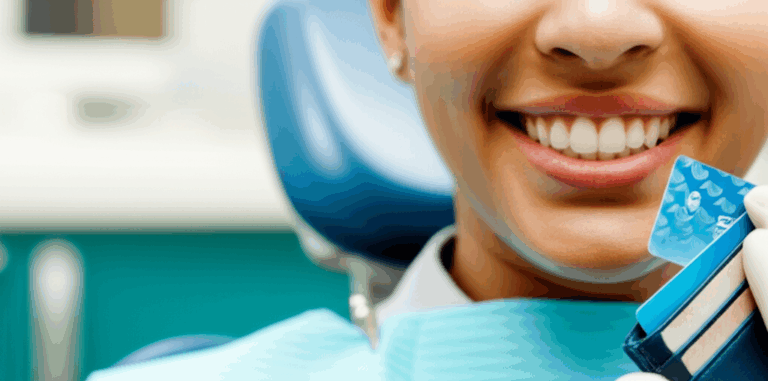
Can Dental Hygienists Work Without a Dentist? Understanding Direct Access and Independent Practice Laws
Ever wondered if you could see a dental hygienist for a cleaning or checkup—even if there’s no dentist around? You’re not the only one. More people want simple, quick, and cheaper ways to get their teeth cleaned. This article explains where and how dental hygienists can work by themselves, what they’re allowed to do, and why it matters for you and your community. Whether you’re a parent, a senior, or even a dental worker wanting more options—you’ll find clear answers here!
Table of Contents
1. Introduction: Why Is This Question So Important?
Let’s be honest—getting in to see a dentist isn’t always easy. Sometimes all you need is a cleaning or some answers about your teeth, but it’s hard to get an appointment or it costs too much. Maybe you live far from a dentist, or you don’t have dental insurance. That’s where dental hygienists help!
If you’ve ever asked, “Can hygienists work by themselves?” you’re really asking: Who can help me keep my teeth healthy if there’s no dentist nearby? It’s not a simple yes or no. It’s about laws, your safety, and making dental care easier for everyone. Let’s see why this is so important.
2. What Is a Dental Hygienist?
Before we get into the rules, let’s understand who we’re talking about. Dental hygienists are licensed workers trained to clean teeth, see problems early, and help you stop cavities and gum disease. They aren’t just “tooth cleaners.” In many ways, they’re the prevention pros in dental care.
Dental hygienists go to school for this work, pass tests, and keep learning even after they start working. They work in dental offices, health programs, and even in vans that visit schools or care homes. Their main job? Keep your mouth healthy and stop little problems from turning into big, expensive ones.
3. How Does Supervision Work in Dentistry?
In the world of teeth, not everyone can do every job—even if they’ve learned how. Most states make rules about who needs to be there for some dental jobs. Here’s what you need to know:
- Direct Supervision: The dentist must be right there in the room.
- Indirect Supervision: The dentist has to be in the building.
- General Supervision: The dentist gives the okay for the treatment but doesn’t need to be there.
- Direct Access/Unsupervised Practice: The dental hygienist can see patients without a dentist’s okay.
Different states have different mixes of these rules. Why is this important? It helps keep you safe and makes sure you get good care.
4. What Is Direct Access and Why Does It Matter?
Direct access means a dental hygienist can treat you based on their own choice—without asking a dentist first. It might sound simple, but it’s kind of new. States changed their laws so more people—especially those far from big towns—could see a dental hygienist more easily. This is all about making dental care easier to get.
Why’s this a big deal? Think about being able to drop into a school, care home, or community spot and get a check-up or fluoride—but no dentist needed. For lots of people outside big cities, direct access is the only way they get dental care.
5. Where Can Hygienists Work Without a Dentist?
People ask this a lot. The answer? It depends on your state—the laws are different everywhere.
- More than 40 states let dental hygienists work on their own in some places, like health clinics, nursing homes, schools, or in mobile hygiene vans.
- Some states—like Colorado, Maine, Washington, Oregon, and California—let hygienists even run their own clinics or vans.
- Often, hygienists can work in places like Federally Qualified Health Centers (FQHCs), dental programs in the community, and dental vans helping towns without much care.
Here’s a quick look:
| State | Independent Hygiene? | Special settings allowed? |
|---|---|---|
| Colorado | Yes | All settings |
| Maine | Yes (with experience) | Mobile/public health clinics |
| Washington | Yes (public health) | Schools, community clinics |
| California | Some forms, special license | Nursing homes, public programs |
| Other States | Often allowed in public settings | Schools, FQHCs, long-term care |
Want to know about your own state? Check your State Dental Board or look up info from the American Dental Hygienists’ Association (ADHA).
6. What Services Can Independent Hygienists Provide?
So, what can hygienists actually do alone?
Main Prevention Services
- Teeth cleaning (scaling, deep cleaning, regular cleaning)
- Fluoride to make teeth stronger
- Dental sealants to help keep out cavities
- Tips and info for better brushing and eating
- Checks for gum disease or cavities
Extra Skills (Depending on State)
- Numbing shots (local anesthesia) in some states, with extra classes
- Dental X-rays
- Temporary fillings or pain relief (temporary)
The main goal: stop problems and catch them early—not fix broken teeth. Regular visits with a hygienist can help avoid emergencies and big bills.
Want to see how dental labs help with crowns and bridges? Check out a dental ceramics lab that makes them just right.
7. What Can’t Hygienists Do Independently?
Even in the states where hygienists can work alone, they can’t:
- Officially say you have a disease (diagnose you)
- Put in real fillings, crowns, or pull teeth
- Give you prescription drugs (like antibiotics)
- Plan big dental treatments without a dentist
This means hygienists stick to prevention, and dentists fix and treat bigger problems. If a hygienist finds something bad, they’ll send you to a dentist.
8. Why Would Anyone Want a Solo Dental Hygienist?
Let’s talk about why this is such a big thing:
What’s The Problem?
- Not enough dentists: Some places, especially in the country or city, just don’t have many dentists. Sometimes the next dentist is miles away, or the wait is too long.
- High prices: Full dentist visits can be expensive, especially if all you want is a simple cleaning.
- Busy schedules: With work, school, and everything else, sometimes you just need care close by or after hours.
How Hygienists Help
- Hygienists can visit schools, care homes, and community groups to give cleanings and advice.
- People who don’t go to the dentist much can get back on track with easy, lower-cost services.
- It’s good for everyone—families, older adults, and people with special needs.
Dentists get a boost too—hygienists send them the patients who need big repairs, so dentists can focus on serious work.
9. Are There Any Challenges or Risks?
Of course, it’s not all easy. Working alone as a hygienist has some troubles.
Patient Safety
- Hygienists are great at prevention, but trickier problems—like infections or bad toothaches—need a dentist.
- That’s why there must be referral plans between independent hygienists and nearby dentists.
Rules and Insurance
- Every state has different rules: some need extra classes, years worked, or proof of insurance.
- Hygienists must know their state’s practice rules to follow the law.
Running the Business
- Starting a practice means learning about business, insurance, billing, even advertising and buying supplies.
- Some solo hygienists feel alone at first, but many team up with others or join hygiene groups for help.
Most of these bumps get easier with good planning and help from other dental workers.
If you like new dental technology, see how a digital dental lab uses the latest scanning and 3D-printing to make dental work even better!
10. Can Any Hygienist Become Independent?
Not everyone can just decide to work alone. There are steps for those who want to try:
It’s a lot to do, but it can feel worth it.
11. Real-Life Success: Stories and Data
Want proof that independent hygienists really help? Check out the facts and stories:
- Colorado has let hygienists run their own offices since 1986. They help people in the country, care homes, and from vans that travel.
- In Maine, after enough experience, hygienists can work alone or with a group, helping people in faraway towns.
- Studies show: Where direct access is allowed, more kids and older adults get care, dental bills go down, and dental health gets better.
Here’s a simple table:
| Area | With Direct Access | Without Direct Access |
|---|---|---|
| Kids get sealants | Up by 30% | No change |
| Seniors have checkups | Up by 20% | Often the same |
| Cost for care | Lower | Higher |
| Patient happiness | High | Lower |
Sources: National Governors Association, Pew Charitable Trusts, Health Resources and Services Administration
Want to see the latest in crowns and bridges? The best zirconia dental lab makes them strong and natural-looking!
12. How Does This Affect Patients?
If you’re thinking, “Should I see a hygienist if there’s no dentist?”—here’s the answer:
- It’s usually safe for prevention: Cleanings, fluoride, sealants, and simple checks are great with a hygienist.
- You might save time and money: Faster appointments, less travel, and cheaper prices.
- It helps everyone: If more people get simple care, the whole community is healthier.
- Serious problems still go to dentists: Hygienists will send you to a dentist if they find anything really wrong.
From kids in school to grandparents, direct access helps people have cleaner, happier smiles.
If you want to know how removable teeth are made, check what a removable denture lab can do for folks needing great-fitting dentures.
13. Frequently Asked Questions (FAQ)
Q: Can a dental hygienist fix my cavity or toothache?
A: No. Hygienists help with cleaning and prevention—not fixing teeth. If they see something wrong, they’ll ask you to see a dentist.
Q: How do I know if my state lets hygienists work alone?
A: Look on your state dental board’s website or see the ADHA’s map about dental hygiene laws.
Q: Is it safe to see only a hygienist?
A: Yes, for cleanings, sealants, and checkups. But go to a dentist for fillings, serious gum disease, or tooth pain.
Q: Will my insurance pay for an independent hygienist?
A: A lot of state Medicaid plans and some private insurances do cover it. Ask your insurance provider to be sure.
Q: Does a hygienist need more school to work solo?
A: Sometimes. States may want more classes, certificates, or some years working first.
14. Key Points to Remember
- Direct access for dental hygiene means you can get cleanings and basic care even if no dentist is present.
- Most US states let hygienists work on their own in some places, especially where dentists are hard to find.
- Dental hygienists help keep you healthy, spot problems early, and tell you when to see a dentist.
- The future looks good—more access, simpler appointments, and healthier mouths for everyone.
Take charge of your teeth and find new ways to get the care you need. See a dentist or a hygienist—just keep up those regular visits!
This article has been checked for accuracy by Dr. Joe Dental, a leading expert at IStar Dental Lab, who has years of experience in helping patients and improving dental care.
Big things to remember:
- Direct access means more easy ways to get dental care
- Hygienists prevent problems—they don’t fix teeth
- Each state’s rules are different—ask locally
- Patients get more choices, lower costs, and easier visits
- Dentists and hygienists both work together to keep you healthy
For more simple tips, check out our practical guide to better dental care for your family!







